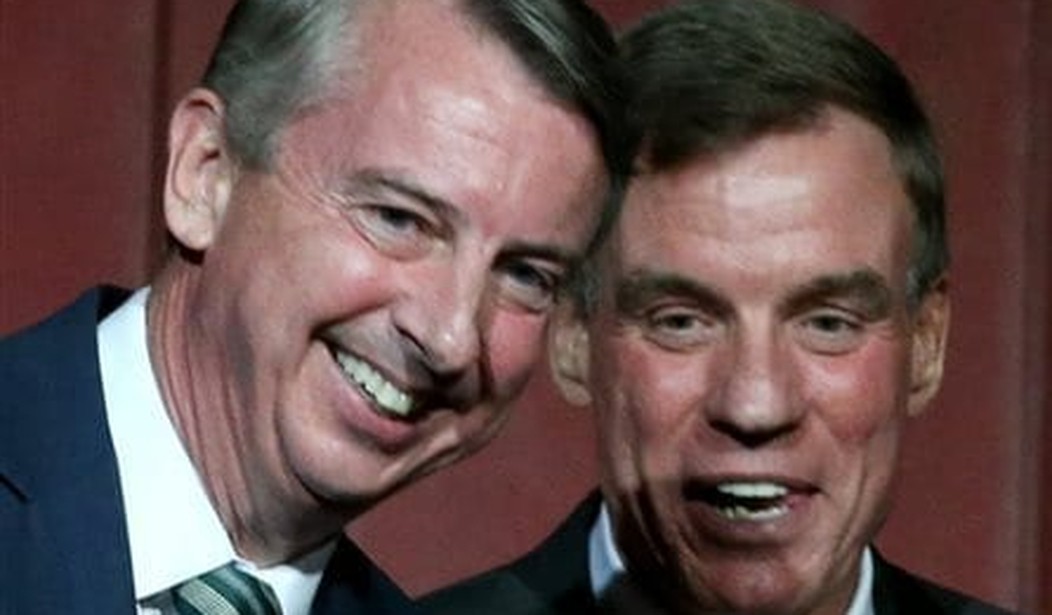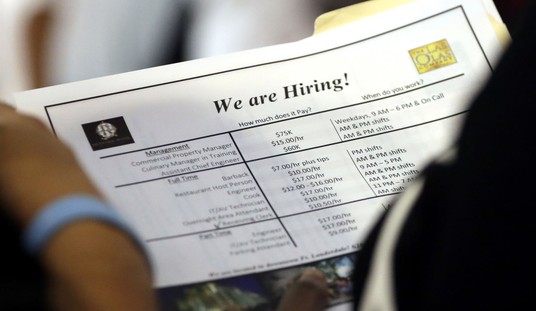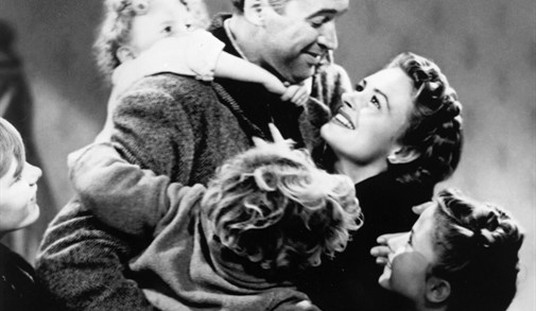WASHINGTON – It will take a few more days to get the situation straightened out but one thing’s for sure: Republican Ed Gillespie waged a surprisingly effective race against incumbent Democratic Sen. Mark Warner in Virginia and he may still emerge victorious, an outcome that would give the GOP at least 54 seats out of 100 in the upper chamber.
While no official action has been taken, the contest is almost sure to result in a recount. With 99.9 percent of the state’s precincts voting, Warner maintains a razor-thin lead of fewer than 17,000 out of almost 2.2 million ballots cast. The results show Warner, seeking a second six-year term, with 1,071,283, or 49.2 percent of the vote while Gillespie, a former aide to President George W. Bush and onetime chairman of the Republican National Committee has 1,054,556, or 48.4 percent.
Under Virginia state law, a candidate who is behind after all the votes are counted can request a recount if the margin is one percent or less of the total cast. The current tally is within that margin and Gillespie now has until Nov. 14 to make his request.
In the meantime, the Virginia State Board of Elections is conducting a re-canvass to verify the unofficial results released by Virginia Department of Elections.
“Now we owe it to the voters of Virginia to respect the canvassing process that is underway to get an official result,” Gillespie said in a statement Wednesday. “We will be watching the results closely so that we can ensure Virginians have confidence in the accuracy of the results.”
Gillespie added that he will “respect the decision reached by Virginia’s voters.”
Warner, who posits himself as a pro-business, moderate Democrat, declared victory Tuesday night, acknowledging the outcome was much closer than he anticipated. Gillespie, meanwhile, has not conceded and is pondering his next move.
“It was a hard-fought race,” said Warner, who trailed most of the evening. “I’ll go back to Washington and recognize we’ve got to find that common ground” in a Senate about to be controlled by Republicans.
Warner told supporters he’s willing to work with any lawmaker “to make sure we get our country’s problems fixed.”
Gillespie commended Warner for staging “a very vigorous campaign.”
The contest exhibited signs of tightening in the final days but there was nothing to suggest it was headed for a photo finish. Warner has long been the most popular politician in the state, serving a term as governor and then beating former Republican Gov. James Gilmore by more than 30 points when the two faced off for the Senate seat six years ago.
Warner more than doubled Gillespie’s spending on the race and benefited from the financial backing of independent groups. He even publicly attracted the support of some Republicans, including former Sen. John Warner.
But Gillespie made inroads by employing a tactic used by many successful Republican contenders in 2014 – tying Warner to President Obama, who is highly unpopular in many quarters, and his policies. The GOP challenger hammered Warner for voting with the administration 97 percent of the time and being a key supporter of the Affordable Care Act, better known as Obamacare, which remains unpopular four years after its passage.
Warner only managed to eke out what looks to be a too-close-for-comfort victory – if indeed that’s the final result — thanks to the solid support he received in the Washington, D.C., suburbs of Northern Virginia where Democrats generally run up big advantages. It was no different this year. In Arlington County, for instance, right across the Potomac River from the nation’s capital, Warner received 70.7 percent of the vote. In Fairfax County, the state’s largest, he picked up 57.7 percent.
The Democrat needed help in those urban areas since his usual steadfast support in rural Virginia dropped significantly, likely due to his support for Obama administration policies regarding the reduction of emissions from coal-fired power plants, dubbed by Gillespie and others as a “War on Coal.” The southwestern part of the state is a coal-producing region.
Warner may also have been guilty of overconfidence, given early polls that showed him with a healthy double-digit lead. One Democratic politico in Northern Virginia said she saw “no visible turnout effort” on Warner’s behalf on Election Day.
“I’m thinking that may be the problem,” she said.
Gillespie made the contest close despite little help from national Republican organizations that saw better opportunities in other races. The real difference may have come as a result of a third person on the ballot, Libertarian Robert Sarvis, who picked up 53,396 statewide. A great many of those votes likely would have wound up in Gillespie’s column had Sarvis sat this one out.









Join the conversation as a VIP Member